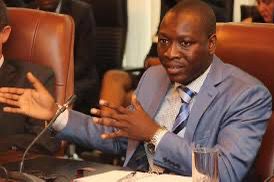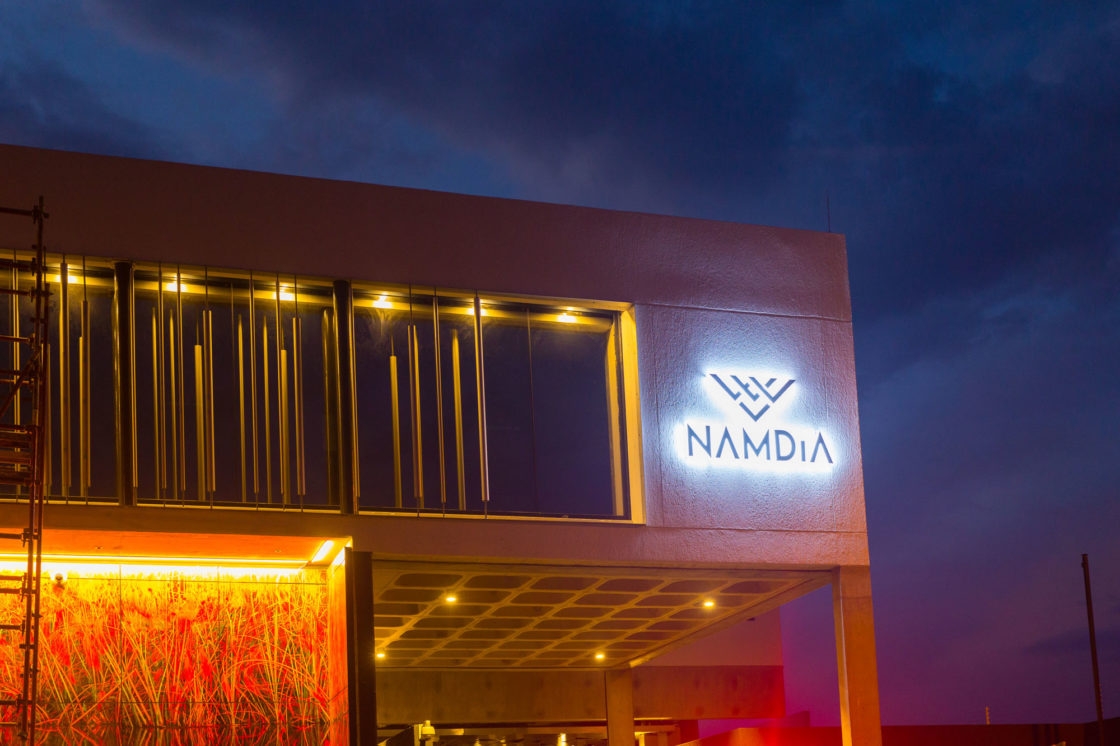Controversial individuals and companies were among Swapo donors over the weekend.
They include Rani Group, businessman Shapwa Kanyama and the son of Zimbabwean president Emmerson Mnangagwa.
They donated N$16 million to the ruling party’s campaign for the presidential and parliamentary elections in November.
Mnangagwa’s donation was part of a N$2.5-million contribution from four Zimbabweans.
It’s unclear which son the donation came from, but it was made by Apphia Musavengana, who was introduced at the party’s fundraising gala dinner on Friday as a “daughter” of the Zimbabwean president.
The Namibian could not verify this link.
The biggest donor was a company from Norway, with an interest in beef, which donated N$3 million. The Norwegian delegation was seated next to businessman Joseph Andreas, who donated N$250 000 and bought a portrait of former president Sam Nujoma for N$270 000 at the dinner.
Andreas yesterday said he does not expect anything from Swapo.

“I have never gotten a government tender in my life. We are not here for mahala, but for the good of the country. I have given more money to Swapo in 2017 than I have now. I am a millionaire in United States dollars,” he claimed.
Otjozondjupa governor James Uerikua pledged N$1 million.
The donations to the ruling party have brought to the fore the debate on the influence of donors on the government if Swapo wins the elections.
Rani Group owner Ali Dharani said Swapo wrote him a letter, inviting his company to the gala dinner.
“We thought of doing it, because we know it’s the government, and we want them to continue to govern. We pledged N$1.5 million,” he said.
Rani Group has been at the centre of accusations of exploiting its employees.
Kanyama, who has been involved in medical-related tenders, donated N$1 million.
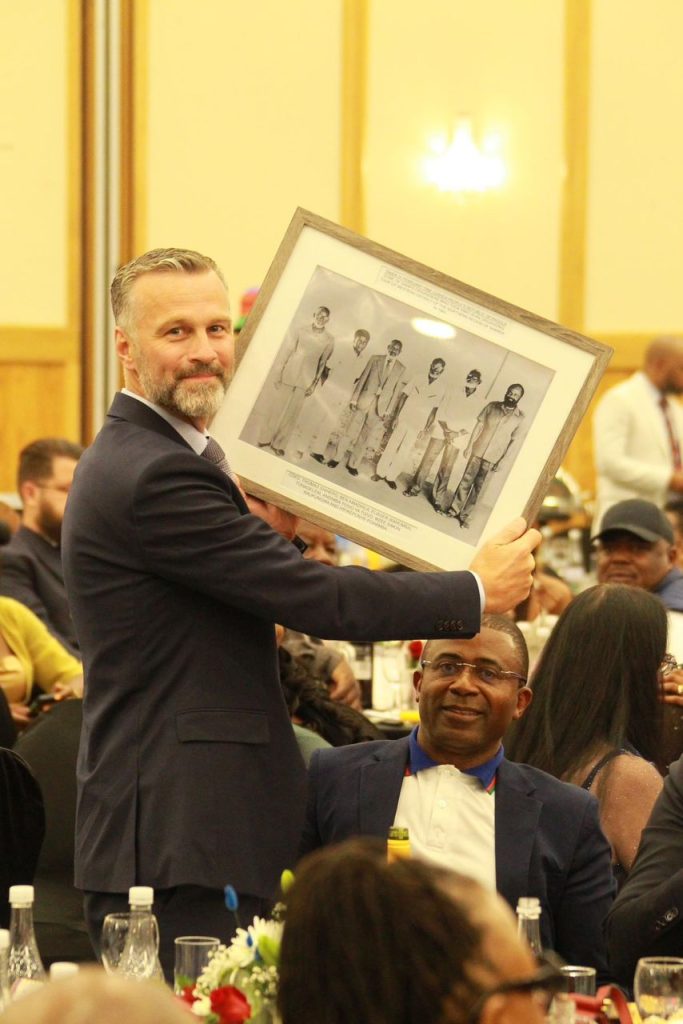
He told The Namibian yesterday he does not expect favours.
“The government has taken care of us. I don’t want favours,” he said.
Businessman Josua Haimbodi, who pledged N$500 000, said he has been donating money to Swapo [before].
He donated N$500 000 in 2014, he said.
“I don’t expect anything from Swapo. I was born in Swapo and I donate money for the love of Swapo. I want Swapo to continue governing so we do the business freely. Even the money that I donate, it’s clean money, I don’t do business behind doors,” Haimbodi said.
EXPECTATIONS
Former Swapo think tank member Ben Mulongeni yesterday said every citizen has the democratic right to support the candidate of their choice.
This may, however, be seen as a form of bribing, he said.
“You cannot blame people who may conclude they are buying favour,” he said.
“You know there are tenders to purchase big things like medicine, construction, machinery and many other goods that are for industrial benefit, industrial nature, that involve big money. So where do we draw the line?” he asked.
Mulongeni said leaders must not be seen to align themselves with specific big companies.
“In the middle of that . . . there is something that will be tantamount to bordering on state capture … That the big business can buy leaders. They can also influence the outcome of the vote,” he said.
This influence could lead to the appointment of friends of businesses.
“It’s dangerous when an individual business person is close to a leader,” Mulongeni said.
Former prime minister Nahas Angula yesterday said there is nothing wrong with business people donating money to political parties as long as they do not expect favours.
“Anywhere in the world, political parties donate to political parties as long as you do it willingly,” he said.
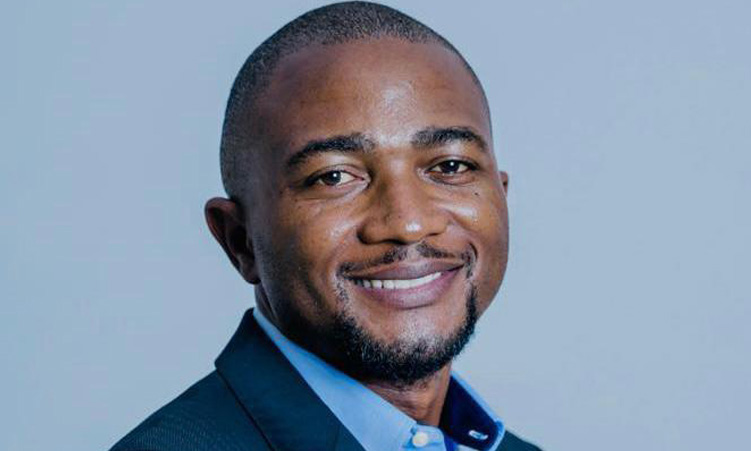
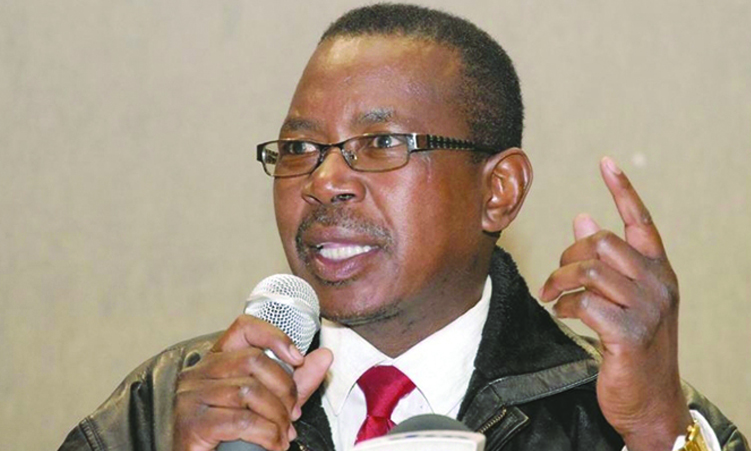
The Independent Patriots for Change also dominated headlines this year with the purchase of vehicles.
The party had for months refused to explain where the vehicles came from.
Political analyst Rui Tyitende yesterday said business people and others that donate to the governing party are doing so for their own benefit.
“The ultimate message with the donation is ‘please do not forget me’. They are expecting to be treated with kid gloves in terms of their tax obligations,” he said.
Tyitende said the country’s tax regime is one that threatens businesses’ liquidity and profit margins.
“So, these kinds of donations should be seen as a quid pro quo transaction,” he said.
Tyitende believes the country has been on auction to the highest bidder for quite some time and this trend will continue.
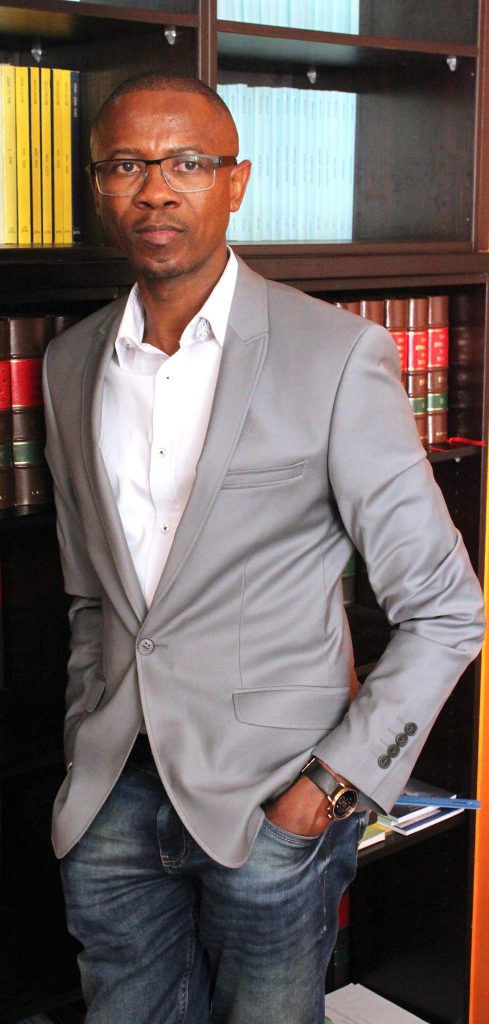
“Why would any person donate N$1 million and not expect anything in return? There is no such thing as a free lunch,” he said.
Stanley Katzao, Paragon Investments and Hodago Fishing each donated N$100 000 to the party.
Swapo fishing company Gendev Fishing Resources also contributed N$100 000.
ASW Hunting Safari donated N$50 000, while businessman Quinton van Rooyen of Trustco gave N$10 000, and The Repatriated Former Ndilimani Cultural Troupe and Lion Gate Investments donated N$20 000 each.
Swapo raised N$16.3 million for its election campaign to kick off this month.
The party also scored N$1.2 million from photos of former presidents Sam Nujoma, Hage Geingob and struggle veterans Andimba Toivo ya Toivo and Ben Amadhila that were auctioned off.
Friday’s auction saw lawyer Sisa Namandje buy a portrait of Geingob for N$110 000.
A portrait of the late Andimba Toivo ya Toivo and Swapo stalwart Ben Amathila was auctioned for N$26 000.
A picture of presidents Mbumba and Geingob was sold for N$155 000.
Political commentator Henning Melber says there is a need for stricter accountability and transparency when it comes to party funding, as well as a strict compliance of political office-bearers with the listing of their assets.
Swapo has in the past received donations from business people, including controversial foreigners.
In 2014, Swapo received a donation of N$1 million from Chinese businessman Jack Huang.
In 2017, Swapo was accused of being funded with Fishrot money through fishing companies and the national fishing company Fishcor.
Stay informed with The Namibian – your source for credible journalism. Get in-depth reporting and opinions for
only N$85 a month. Invest in journalism, invest in democracy –
Subscribe Now!








